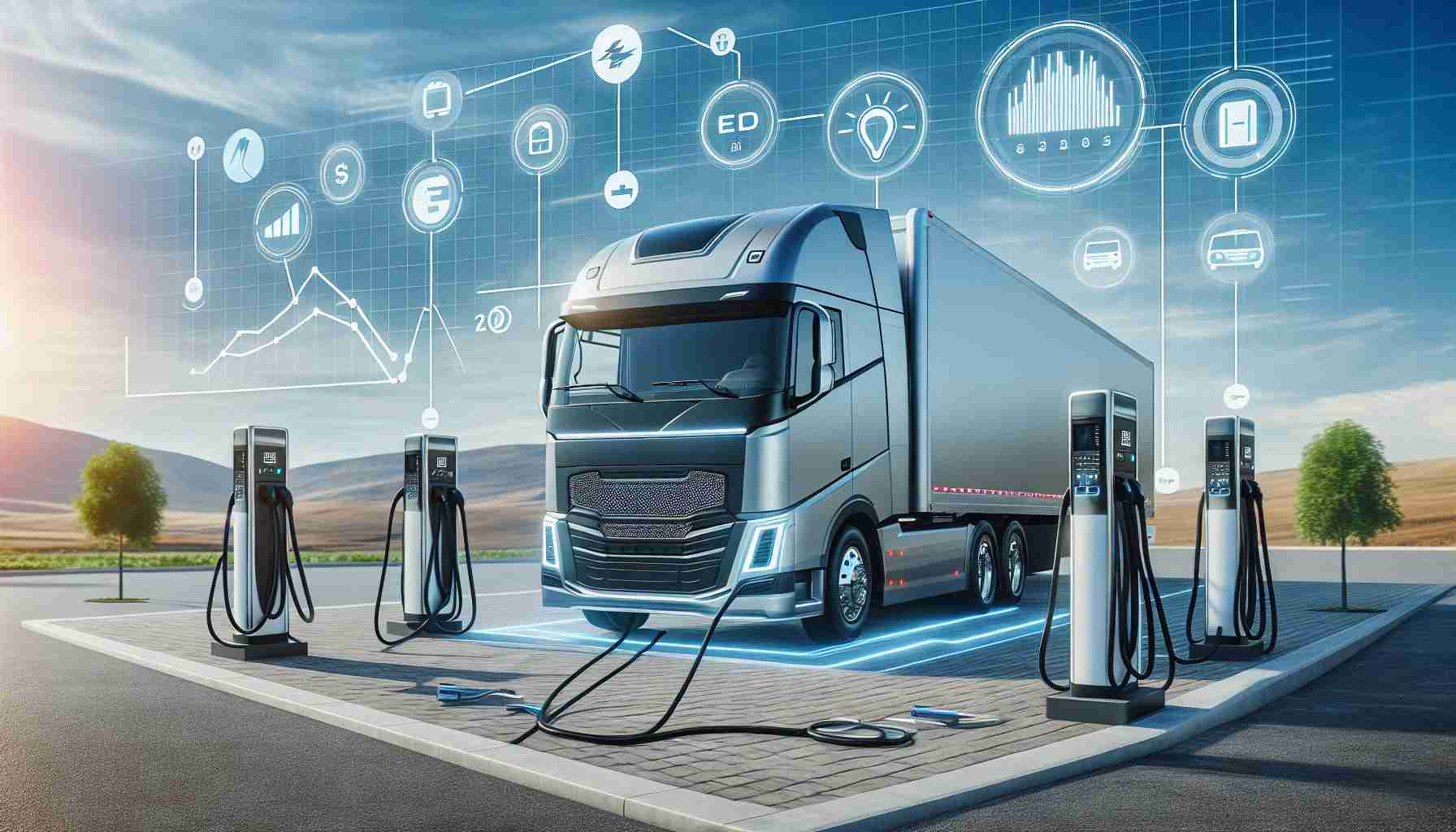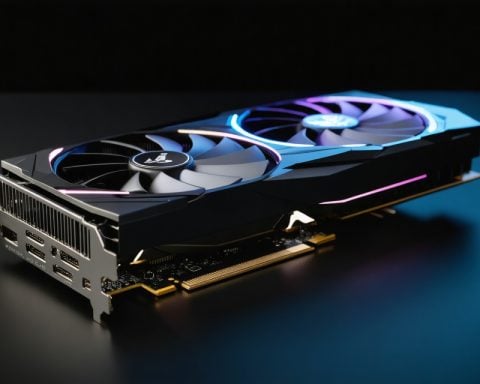Rivian Secures Funds to Propel EV Production
In a significant boost for electric vehicle (EV) manufacturer Rivian Automotive, shares soared nearly 4% on the stock market, contrasting sharply with the slight decline of the S&P 500. This surge came on the heels of an announcement that Rivian had reached a substantial financing agreement.
The company revealed it secured up to $6.6 billion from a division of the U.S. Department of Energy. This investment will facilitate the construction of a new factory in Social Circle, Georgia, where production of the upcoming R2 SUV and R3 crossover models will commence. The factory is expected to start construction in 2026, with the first vehicles rolling off the assembly line by 2028. The project promises to generate 7,500 jobs, marking a significant milestone for the region.
Rivian’s CEO, R.J. Scaringe, emphasized the importance of this expansion, noting that increased production capacity is vital for maintaining competitiveness in the U.S. EV market. While Rivian is still carving out its position in the industry, this funding from a reliable governmental source undoubtedly represents a critical step forward.
Overall, Rivian’s latest financing success showcases its commitment to advancing electric vehicle manufacturing, even amid a competitive landscape led by giants like Tesla. The future looks promising as Rivian gears up for growth and innovation.
Rivian’s Growth and Its Broader Implications
Rivian Automotive’s recent funding success not only signals optimism for its future but also underscores a larger shift in societal values toward sustainable transportation solutions. As consumers increasingly demand environmentally friendly products, automakers are pushed to innovate or risk obsolescence. Electric vehicles are increasingly seen as a crucial component in reducing carbon emissions and combating climate change, reshaping consumer preferences and industry standards alike.
The investment in Rivian, particularly from a federal entity, highlights a strategic pivot in the U.S. economy towards green technologies. Federal support for EV manufacturing is likely to spur further investments and incentives for renewable practices, positioning the U.S. as a leader in the global EV market. This could lead to enhanced global competitiveness, as countries race to reduce their carbon footprints and invest in energy infrastructures that align with climate goals.
Moreover, with the establishment of new factories, there could be long-term environmental benefits linked to job creation in the green technology sector. These developments can stimulate local economies while fostering a culturally embedded shift towards sustainable mobility solutions. Rivian’s endeavors reflect a convergence of economic necessity and environmental stewardship, marking a significant step forward in the transition towards a more sustainable future.
As Rivian’s growth unfolds, it will be crucial to monitor the social impacts of such advancements—particularly in how they influence labor markets and set precedents for future EV initiatives nationwide.
Rivian’s Major Funding Boost: What You Need to Know
Rivian Secures Funds to Propel EV Production
Rivian Automotive, the burgeoning electric vehicle (EV) manufacturer, has made headlines with its recent financing breakthrough, positioning itself for significant growth in the competitive EV market. On the heels of this announcement, Rivian’s shares witnessed a notable nearly 4% uptick, contrasting sharply with the slight downturn experienced by the S&P 500.
New Financing Agreement
Rivian has secured up to $6.6 billion from a division of the U.S. Department of Energy. This substantial funding is aimed at establishing a new manufacturing facility in Social Circle, Georgia. The new factory is pivotal to Rivian’s plans, as it will focus on the production of the upcoming R2 SUV and R3 crossover models. Construction is set to commence in 2026, with production anticipated to begin by 2028.
Economic Impact
This initiative promises to create approximately 7,500 jobs, making a significant economic impact in the region. Such expansion demonstrates Rivian’s commitment not only to its growth but also to local employment opportunities as it seeks to meet the growing demand for EVs.
Competitive Landscape
As Rivian continues to carve out its niche in the EV sector, CEO R.J. Scaringe highlighted the critical role that expanded production capacity will play in Rivian’s competitiveness within the U.S. market. Rivian aims to compete with well-established players such as Tesla while delivering innovative vehicles.
Features of Rivian’s Upcoming Models
The R2 SUV and R3 crossover promise advanced technology and sustainability features, aligning with the increasing consumer demand for eco-friendly transportation. Some key features anticipated in these upcoming models include:
– All-electric powertrains with extended range capabilities.
– Autonomous driving technology that enhances safety and convenience.
– Sustainable materials used in vehicle interiors and exteriors.
Pros and Cons of Rivian’s Growth Strategy
Pros:
– Significant financing allows Rivian to scale production effectively.
– New job creation boosts the local economy.
– Expansion can strengthen Rivian’s brand in a competitive market.
Cons:
– Relying on government funding may pose risks if policies change.
– Production delays could impact market entry and investor confidence.
Insights and Innovations
Rivian’s latest funding success reflects a broader trend in the automotive industry, where traditional manufacturing companies are transitioning towards electric and sustainable models. Analysts suggest that the U.S. government backing of Rivian not only supports one manufacturer but encourages innovation across the sector.
Security Aspects and Sustainability
As Rivian prepares to scale, it must also focus on robust security measures for both its manufacturing processes and the technology integrated into its vehicles. Sustainability remains a central tenet of Rivian’s mission, ensuring that its operations and products meet environmental standards while pushing for innovation.
Market Predictions
Looking ahead, experts believe that the EV market will continue to expand rapidly, with Rivian positioned strategically to capitalize on this growth. As environmental concerns become more prevalent, companies like Rivian that emphasize sustainable practices may lead the way in shaping future mobility solutions.
For further details on Rivian’s journey and updates about the EV market, visit Rivian’s official site.


















